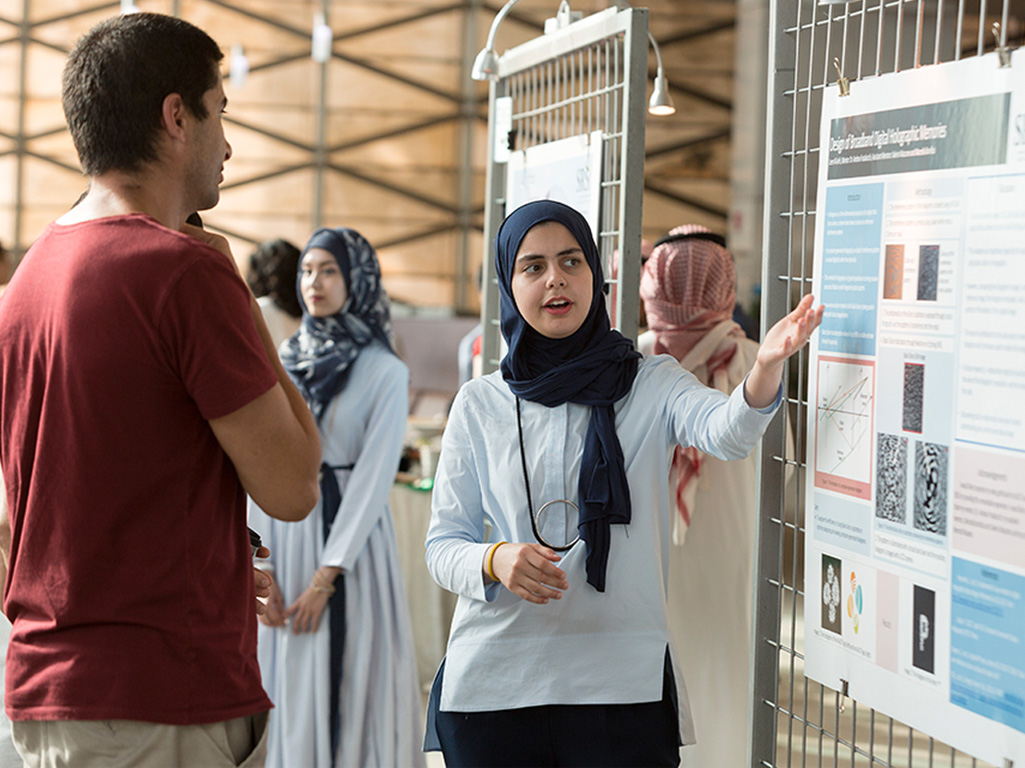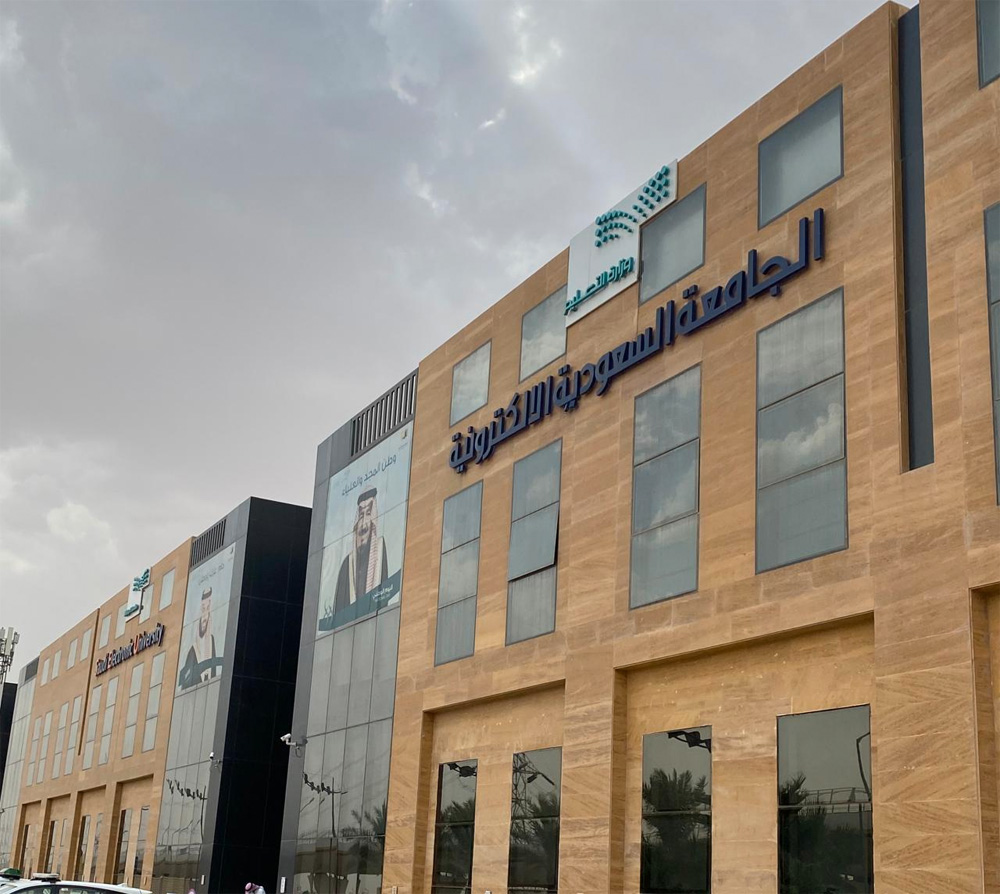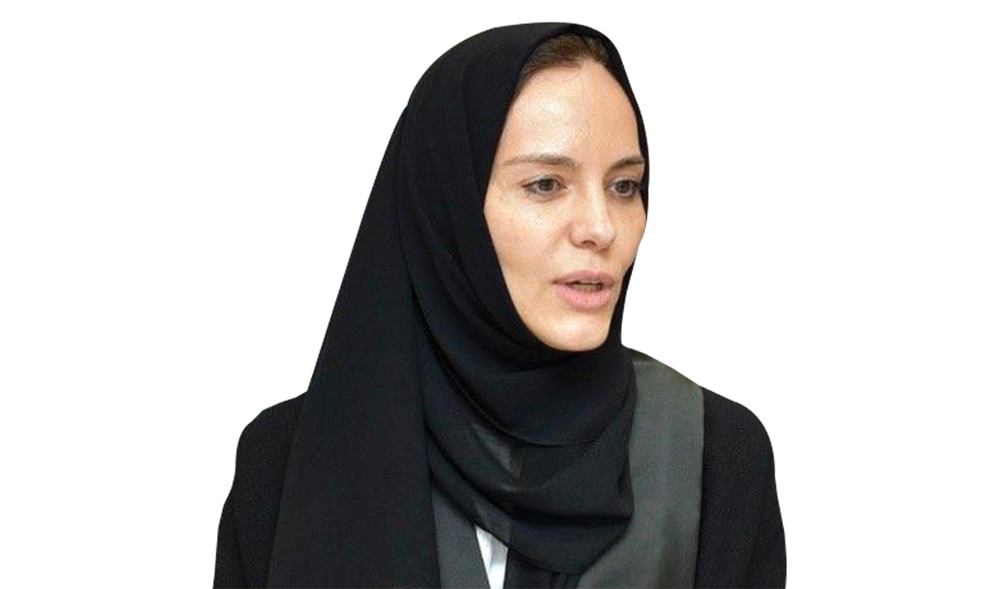
Oxford Business Group (OBG) and Riyadh’s Saudi Electronic University (SEU) have joined forces for a new Economic Impact Assessment report. The collaborative effort explores the disruptive potential of online and blended learning approaches in expanding educational inclusion and segregated instruction across Saudi Arabia.
The report is part of a new OBG series that analyses the effectiveness of higher education institutions in fostering a future-ready workforce and supporting national development goals like digitalisation, innovation and research. And it provides in-depth analysis of the Kingdom’s tertiary education sector in an easy-to-navigate and accessible format, focusing on key data and infographics in three sections: Education, Innovation and Acceleration.

The Economic Impact Assessment account underscores the Kingdom’s well-regulated educational ecosystem. The network is playing a central role in meeting the needs of the Kingdom’s increasingly digitalised and diversified economy by fruitfully lining up graduate skillsets with today’s job market.
In addition, there is detailed coverage of the steps that higher education institutions are taking to make sure their curricula and teaching methods side with the demands of students and employers. These include STEM programmes in key areas like Information and Communications Technology (ICT) and engineering. Plus, the report looks into how Saudi Arabia’s efforts to change to a knowledge economy and accelerate human capital development will push future competitiveness and reduce the risk of job displacement from automation.

Report readers will also find an exploration of what’s being done to provide education and skills development outside of the traditional classroom using digital tools. They can get an insight into how this is opening up new lifelong learning opportunities for those who didn’t have access to them before as well.
While covering broad economic and educational issues in Saudi Arabia, the Economic Impact Assessment report shines a spotlight on SEU and its distinct role within the Kingdom’s e-learning and lifelong learning ecosystem. It traces the university’s growth story and development plans via a range of in-depth case studies. Additionally, the review assesses the university’s Strategic Plan 2021-2025, noting how it aligns with the Kingdom’s national development priorities and highlighting the partnerships set up with ICT firms, alongside its other achievements.
The report also includes an interview with Lilac Ahmad Al Safadi, SEU’s President. While outlining Saudi Arabia’s transformational approach to modernising education, she particularly touches on the decision to move learning from a time-based, teacher-centric model to a mastery-based, student-centric system.
“Saudi Arabia’s recovery strategy aims to maintain and even expand upon the achievements gained during the pandemic and establish e-learning as a tool to be leveraged in every higher education facility,” the president of the government university that grants undergraduate and graduate degrees says. “This will help the Kingdom meet its Vision 2030 goals and prepare the workforce for the future.”

Jana Treek, OBG’s Managing Director for the Middle East, says the way Saudi Arabia’s schools and universities decided to incorporate ICT-based, self-directed learning into their teaching methods before the onset of Covid-19 helped in several ways. As well as facilitating a relatively smooth transition to e-learning during the pandemic, it showed the digital transformation of the Kingdom’s economy was well under way.
“Saudi Arabia’s universities understand the need to cultivate a deep and diverse workforce equipped with the skills required for a highly disrupted job market,” says the Managing Director at the global research and advisory company working on the series of tailored reports with its partners. “Given that the education system has been allocated a key role in taking the Kingdom’s long-term economic development plans forward and facilitating non-oil growth, edtech is fast becoming a significant area of interest for investors, supported by ongoing innovation and new technologies.”
















